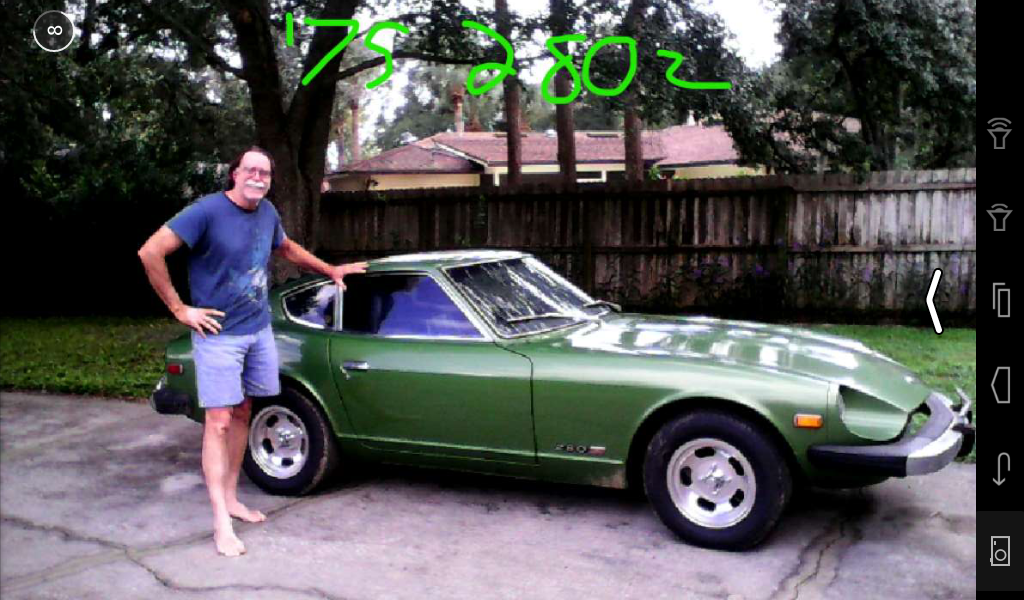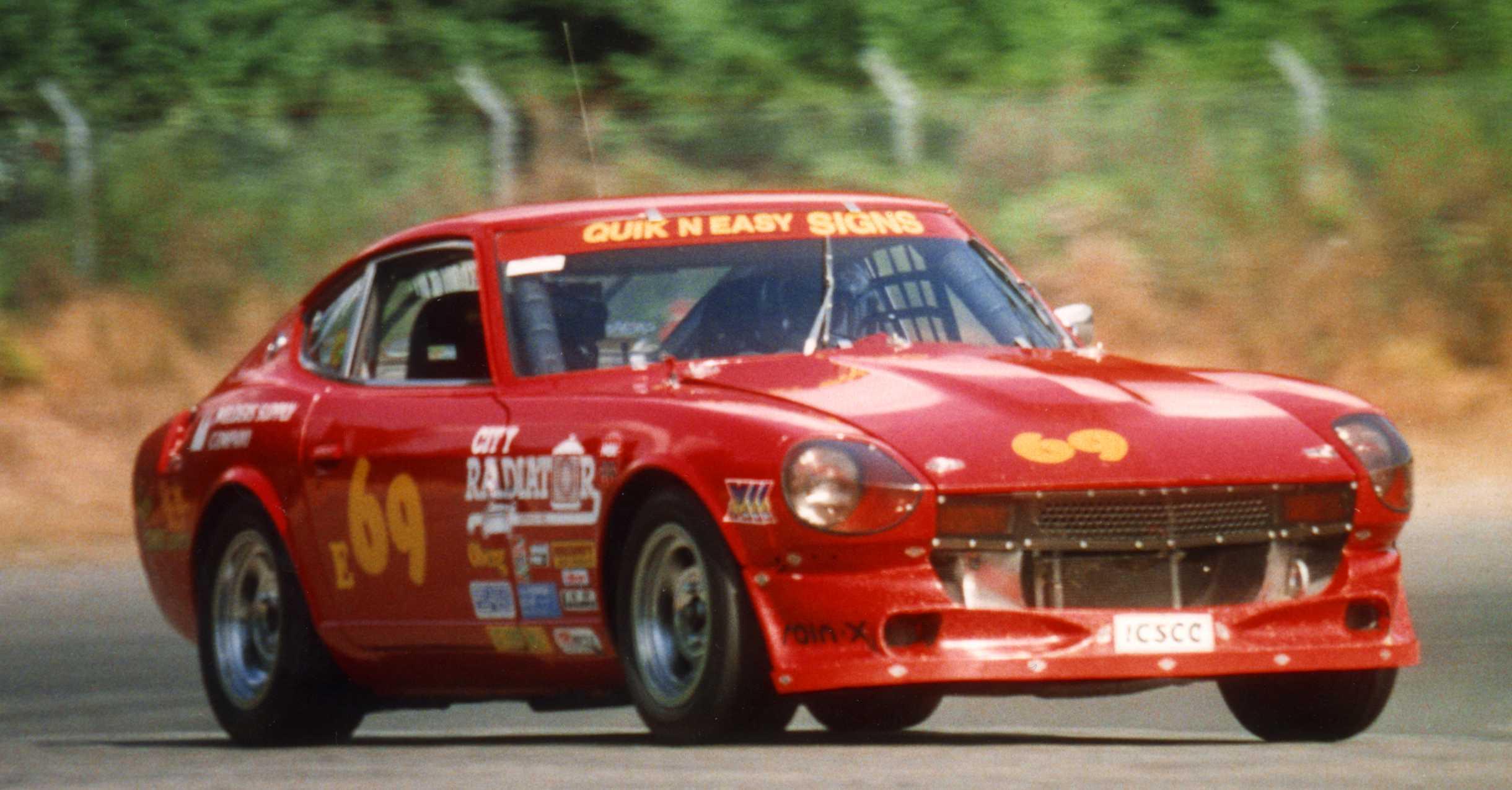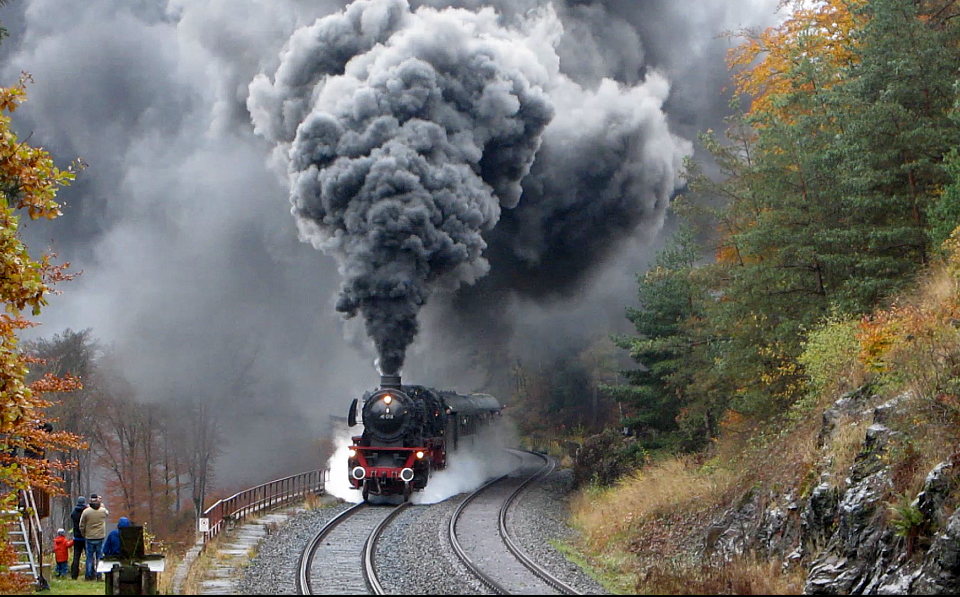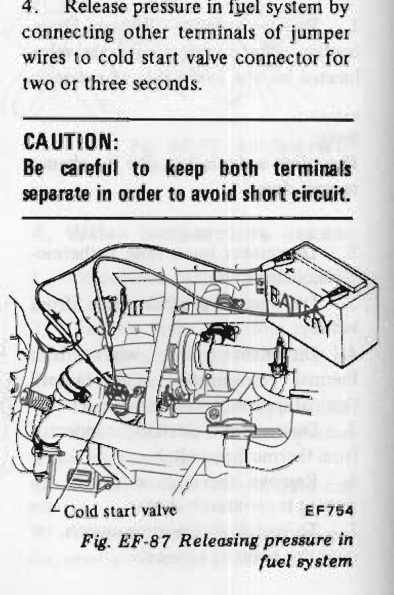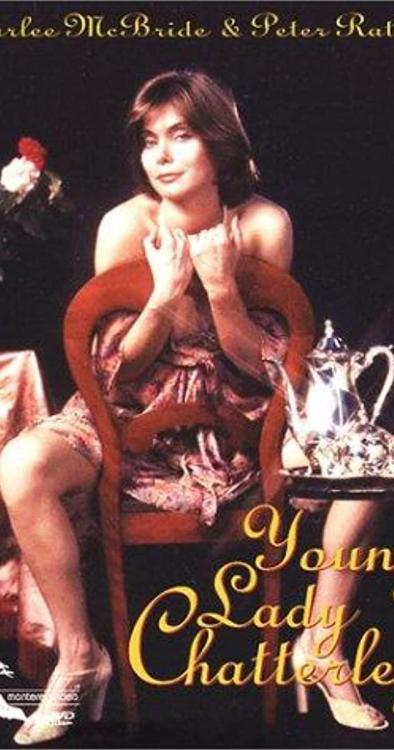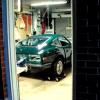The topic of this thread occasionally popped in my head the past few days, and while driving the z, I came to a realization: We're quite possibly the last generation(s) to have access to and appreciation of the older generations' ways of life. Maybe I could have said that better, but let me explain.
This realization came when thinking about the z, but applies to a whole lot more. While owning the 240, I've had a lot of people from older generations come up and say something to the effect of, "Oh, I remember the z, that was my first car," or "One of my buddies had one, boy was it fast." Point is, the history books will tell of the various epochs of the older generations (the music, social change, technological advancements, and so on), but we're the last ones to hear, first hand, what they have to say about their time. The principle applies ideologically as well - a lot of us have parents or grandparents from the old days, and so we were raised with the sentimentalities of their times to varying degrees. These values will fade into the vague representations of history with them. Just as we hardly know anything tangible, mundane about how people lived and thought in 1900, so too will our children seldom know anything about the way people were in the 70's. All our children, worse yet grandchildren, will know is from books and how their schooling represents the old times, which is hardly the truth. History makes the unclear reality of human existence appear black and white.
I've gone on long enough and probably bowdlerized the meaning of all this. Much like music, driving the 240 is a time capsule for me, where I can imagine I'm back in the 70's or 80's. We're close enough for the 70's to still feel real, but the same can not be said for the generations to come. When electric cars become commonplace, people who never drove a petrol engined car won't know the enjoyment of sitting in it as it shakes while idling and howls at high rpm's. This appeared to me like allegory for the everyday lives of people from the past. We're quite possibly the last generation(s) to have access to and appreciation of the older generations' ways of life.
